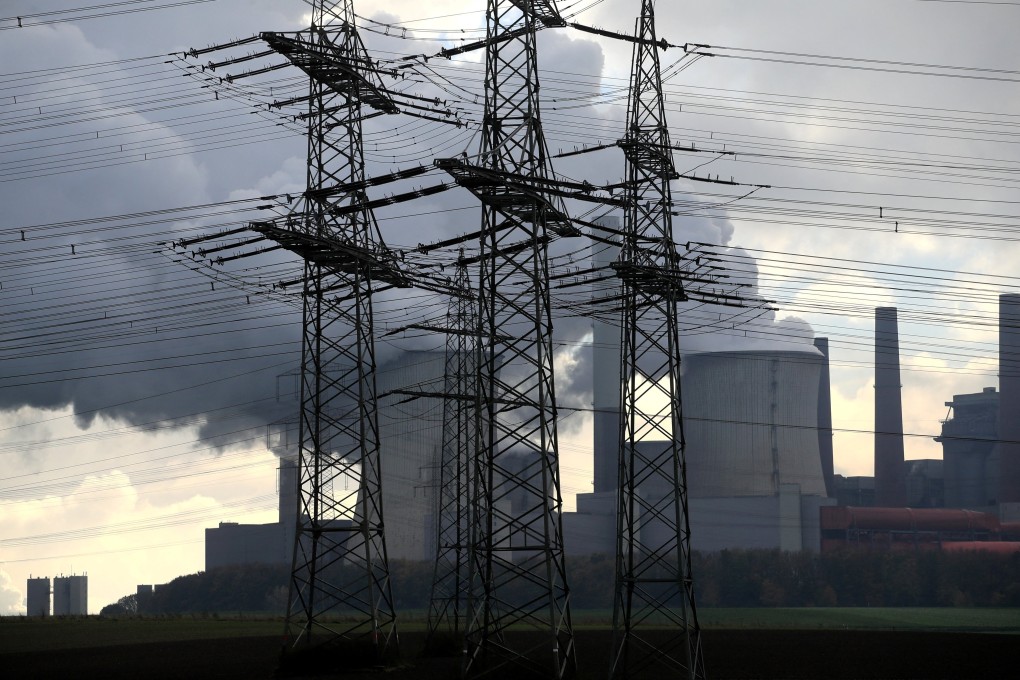In Europe, coal poised for comeback amid Ukraine crisis but the future is still carbon-neutral: analysts
- European leaders expected to agree to phase out EU dependence on Russian fossil fuel imports
- Concerns over energy supplies have prompted calls on the continent to postpone coal phase-outs while quickly ramping up clean power

European Union leaders will meet in Versailles in France on Thursday and Friday to discuss their joint defence policy. They will also agree at the summit to phase out the EU’s dependence on imports of Russian gas, oil and coal, according to Reuters.
Concerns over energy supplies have prompted calls on the continent to postpone coal phase-outs while quickly ramping up clean power.
Italian Prime Minister Mario Draghi said last month that the country could reopen some coal plants to help bridge its looming energy supply gap and cut its dependence on Russia. The Polish government has also approached Australia for alternative coal supplies.
In Germany, where coal-fired power plants were to be phased out by 2038 at the latest, the economic ministers of the 16 German states called for the operations of both coal-fired and nuclear plants to be extended.
German Vice-Chancellor and Economy Minister Robert Habeck said late last month that coal plants could run beyond 2030 but the country’s ultimate goal was greater energy independence through renewable power.
